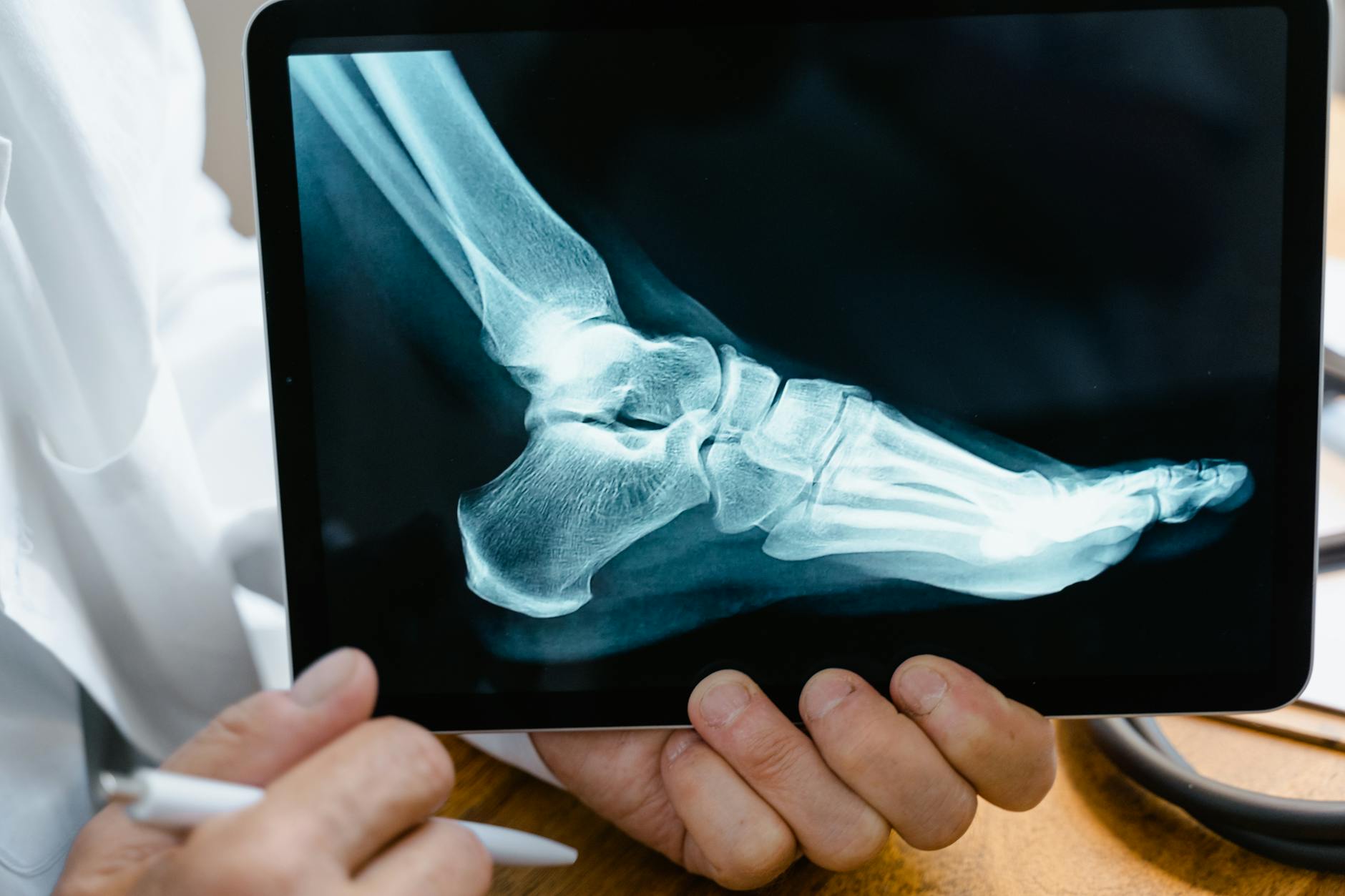Discover the secrets to combating down there drama with our essential guide on treating and preventing yeast infections naturally.
Table of Contents
Dealing with yeast infections can be a frustrating and uncomfortable experience for many. Yeast infections, also known as candidiasis, are a common condition that affects many individuals and can impact both men and women. In this blog post, we will discuss what causes yeast infections, the common symptoms to look out for, and effective treatment and prevention techniques.
What Causes Yeast Infections?
Yeast infections are typically caused by an overgrowth of a fungus called Candida albicans. This fungus is naturally present in the body, but certain factors can lead to an imbalance and cause it to multiply rapidly. Common causes of yeast infections include:
1. Antibiotic use: Antibiotics can disrupt the natural balance of bacteria in the body, creating an environment conducive to yeast overgrowth.
2. Weak immune system: A compromised immune system can make it difficult for the body to keep yeast levels in check.
3. Hormonal changes: Fluctuations in hormones, such as during pregnancy or menopause, can increase the risk of yeast infections.
Common Symptoms of Yeast Infections
Recognizing the signs of a yeast infection is crucial for prompt treatment. Some common symptoms include:
1. Itching and irritation in the vaginal area for women
2. White, cottage cheese-like discharge
3. Pain or burning during urination or intercourse
Treatment Options
When it comes to treating yeast infections, there are several options available:
1. Over-the-counter antifungal medications: These treatments are available in various forms, such as creams, suppositories, and oral tablets.
2. Prescription medications: In cases of severe or recurrent yeast infections, your doctor may prescribe a more potent antifungal medication.
3. Natural remedies: Some individuals may opt for natural remedies such as probiotics, tea tree oil, or garlic to help manage yeast infections.
Prevention Techniques
Preventing yeast infections involves making simple lifestyle changes to reduce the risk of recurrence:
| Treatment | Prevention |
|---|---|
| Avoiding tight clothing | Wearing loose, breathable fabrics |
| Using over-the-counter antifungal creams | Avoiding douching and scented feminine products |
| Probiotic supplements | Eating a balanced diet rich in probiotics |
| Prescription antifungal medications | Avoiding prolonged use of antibiotics |
| Home remedies such as yogurt or garlic | Avoiding staying in wet clothing |
1. Practice good hygiene: Keeping the genital area clean and dry can help prevent yeast infections.
2. Wear breathable cotton underwear: Avoid tight-fitting clothing that can trap moisture and create an ideal environment for yeast growth.
3. Avoid douching: Douching can disrupt the natural balance of bacteria in the vagina and increase the risk of yeast infections.
Conclusion
Yeast infections are a common and treatable condition that many individuals experience at some point in their lives. By understanding the causes, symptoms, treatment options, and prevention techniques, you can effectively manage yeast infections and reduce the risk of recurrence. If you are experiencing persistent or severe symptoms, it is important to consult with your healthcare provider for proper diagnosis and treatment. Remember, you are not alone in dealing with yeast infections, and there are resources available to help you take control of your health and well-being.
Frequently Asked Questions
Can men get yeast infections?
Answer 1: Yes, men can get yeast infections, although it is less common than in women. Men may experience symptoms such as itching, redness, and white discharge on the penis.
How long does it take to treat a yeast infection?
Answer 2: The duration of yeast infection treatment can vary depending on the severity of the infection and the chosen treatment method. In general, over-the-counter medications can take a few days to clear up the infection, while prescription medications may require a longer course of treatment.
Can I prevent yeast infections while pregnant?
Answer 3: Yes, you can take steps to prevent yeast infections during pregnancy by practicing good hygiene, wearing breathable underwear, avoiding douching, and consuming a balanced diet rich in probiotics. Consult with your healthcare provider for safe treatment options if you develop a yeast infection while pregnant.
Are yeast infections sexually transmitted?
Answer 4: Yeast infections are not considered sexually transmitted infections (STIs), as they can occur in individuals who are not sexually active. However, sexual activity can contribute to the spread of yeast infections between partners. It is important to communicate with your partner and seek appropriate treatment if needed.





